To provide the best experiences, we use technologies like cookies to store and/or access device information. Consenting to these technologies will allow us to process data such as browsing behaviour or unique IDs on this site. Not consenting or withdrawing consent, may adversely affect certain features and functions.
The technical storage or access is strictly necessary for the legitimate purpose of enabling the use of a specific service explicitly requested by the subscriber or user, or for the sole purpose of carrying out the transmission of a communication over an electronic communications network.
The technical storage or access is necessary for the legitimate purpose of storing preferences that are not requested by the subscriber or user.
The technical storage or access that is used exclusively for statistical purposes.
The technical storage or access that is used exclusively for anonymous statistical purposes. Without a subpoena, voluntary compliance on the part of your Internet Service Provider, or additional records from a third party, information stored or retrieved for this purpose alone cannot usually be used to identify you.
The technical storage or access is required to create user profiles to send advertising, or to track the user on a website or across several websites for similar marketing purposes.
 For most of us the experience of working from home this year has, on balance, been positive – enough that it may well become the norm after the COVID-19 crisis ends. But modelling by Victoria University’s Centre of Policy Studies shows there will be costs alongside the personal benefits, with more urban sprawl, job clusters with a flight to the biggest cities and greater economic disparities between regions. (more…)
For most of us the experience of working from home this year has, on balance, been positive – enough that it may well become the norm after the COVID-19 crisis ends. But modelling by Victoria University’s Centre of Policy Studies shows there will be costs alongside the personal benefits, with more urban sprawl, job clusters with a flight to the biggest cities and greater economic disparities between regions. (more…)











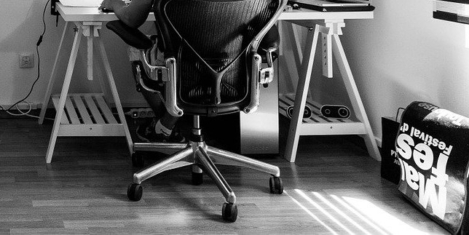
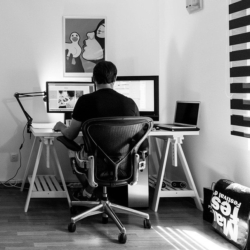
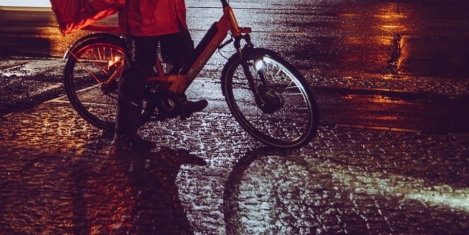
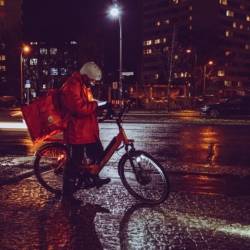






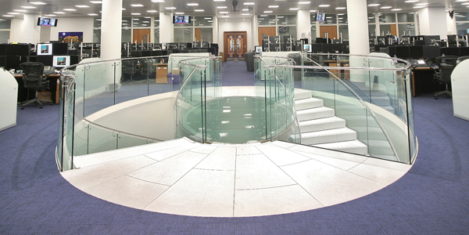


 Despite holding firm in 16th place, the UK is being outpaced by greater improvements in female employment prospects in other OECD countries, according to PWC’s latest
Despite holding firm in 16th place, the UK is being outpaced by greater improvements in female employment prospects in other OECD countries, according to PWC’s latest 







June 26, 2020
Work from home advocates beckon us to a living hell
by James Woudhuysen • Comment, Flexible working, Wellbeing